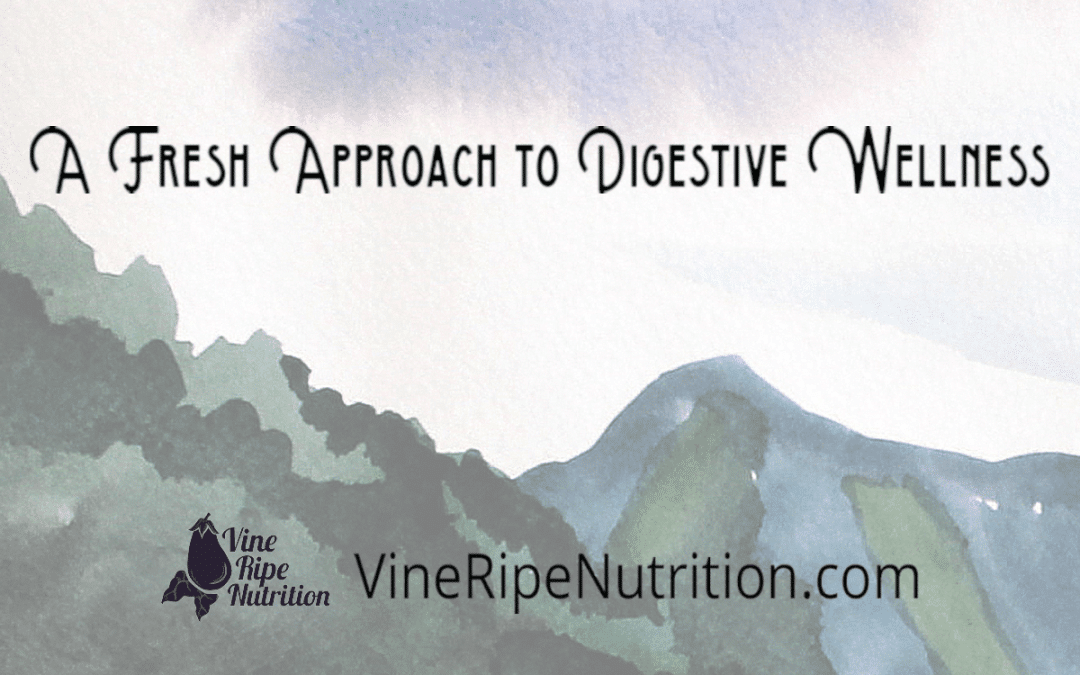How to Heal Your Gut Naturally
Do you know the best foods for digestive nutrition and how to heal your gut naturally? What about how other lifestyle factors impact GI health?
Today, more research shows how our health habits affect our digestive wellness! And how our GI tract affects the rest of our body!
It can be challenging to keep up with all the latest research and separate facts from fiction. There is a lot of old information compared to current science.
How Many People Are Affected by Digestive Nutrition & Gut Health Issues?
About 70 million people are affected by GI health conditions. The impact on the quality of life, productivity, and financial cost to these people and their employers is over 100 billion dollars annually in medical expenses alone. This does not include time off work because of illness, which would make these conditions much more costly. And it does not include quality-of-life issues.
Digestive health conditions include irritable bowel syndrome (IBS), gastric esophageal reflux disease (GERD), diverticulosis, celiac disease, inflammatory bowel disease or IBD (which includes both Crohn’s and ulcerative colitis), small intestine bacterial overgrowth (SIBO) These are the most common ones, and there are even more.
What we eat may help heal our gut naturally so we can start feeling better and doing what we want and need to do.
What is the Connection Between Gut Bacteria and Digestive Nutrition?
First, let’s discuss what some of the GI terms mean that we have been hearing a lot about recently. This article in Nutrition Reviews provides more details on the gut microbiome, gut microbiota, gut integrity, and gut motility. Here are some explanations:
Gut Microbiome:
This is the community or collection of microorganisms that work together in our GI tract.
Gut Microbiota:
These are the individual types of microbes and their genes that are found in the gut.
Not only is the quality of what is inside the gut important, but the outside also, which brings us to gut integrity. Here is more about how fermented foods can help our gut microbiota.
Gut Integrity:
The gut wall and the structural part of it are essential for vital nutrients to get out to the rest of the body. The gut wall helps prevent other things from leaking out that we don’t want to get out into the bloodstream. These things include harmful bacteria, viruses, and large protein molecules.
Gut Motility:
This is the movement of our food from our mouth to the other parts of the digestive tract and out of the body and the time it takes.
Today, we are focusing more on what affects gut bacteria. However, in a later post, we will discuss in more detail all of the factors involved with gut integrity and motility.
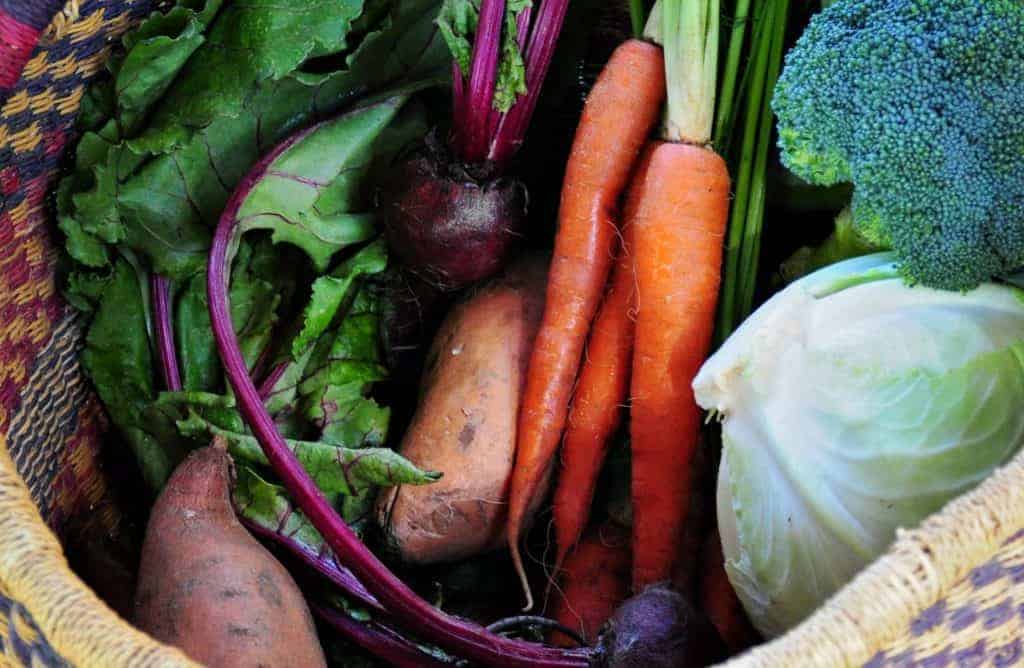
Why is there an increased interest in digestive nutrition and its effects on gut bacteria?
Is it an increased awareness of how our body feels?
Is there an increase in the number of people with GI problems linked to the modern lifestyle?
We may be more self-aware of our bodies, but how we live may also increaseincidence of GI issues. This 2015 research article finds several lifestyle factors that have been shown to affect the quality of gut bacteria.
Lifestyle Habits That Negatively Impact Healthy Gut Bacteria & GI Health
- What We Eat
- Lack of Exercise
- Stress
- Not Getting Enough Sleep
How do these lifestyle habits worsen our digestive nutrition and wellness?
Let’s talk about a few of these.
First, a diet high in processed foods has poor nutrition quality to maintain a healthy body. In addition, it contains excess animal protein, high amounts of sugar, and too much saturated fat. All of these foods can increase the amount of inflammation in our body, which can lead to GI issues. Inflammation also has a link to obesity.
As a result, all of the above lifestyle habits negatively impact our gut health. Our lifestyle also helps determine whether bacteria in our gut is mostly good or bad in nature. So, lack of exercise, maintaining a healthy weight, managing stress, and getting enough sleep are important factors in gut health.
Unfortunately, mainly eating processed foods is very common and has been referred to as the Standard American Diet (SAD).
Lastly, we may not associate gut health with stress and lack of sleep, but recent studies have shown that it is firmly connected.
You may have known someone who was stressed and soon got sick with a real bad cold, flu, or other illness. Many of us have that bad gut feeling when something bad is about to happen. In the journal Brain, Behavior, and Immunity, this article discusses the relationship of stress, gut health, and its effect on our immune system.
Now, let’s talk more about some of the healthy foods that are needed for gut health:
Foods to Help Heal Your Gut Naturally
Here are digestive nutrition tips to nurture a healthy gut.
- Fermented Foods Rich in Probiotics
- Diversity of Fruits and Vegetables Rich in Prebiotics
- Diet Rich in Fiber (getting a variety of whole grains)
- Healthy Fats Rich in Omega-3 Fatty Acids
- Learning If You Have Food Intolerances & How to Cope With Them
- Getting Good Gut Health Nutrients like polyphenols
This 2019 article on nutrition and gut health has some great information on how these foods affect the creation of a healthy gut microbiome. In upcoming posts, We will discuss each of these positive ways to improve gut health.
Also, eating a variety of colors is good for our overall health, and purple foods rich in phytonutrients called polyphenols have a big role in keeping the gut healthy. Foods richest in polyphenols include cherries, strawberries, red grapes, artichokes, hazelnuts, dark chocolate, and coffee.
For more information on fermented foods and digestive health, see this Vine Ripe Nutrition Blog post.
Check out one of my previous blog post for tips on gut health and boosting our immune systems, and try my soup recipe below:
Here is a post of polyphenols along with a recipe.
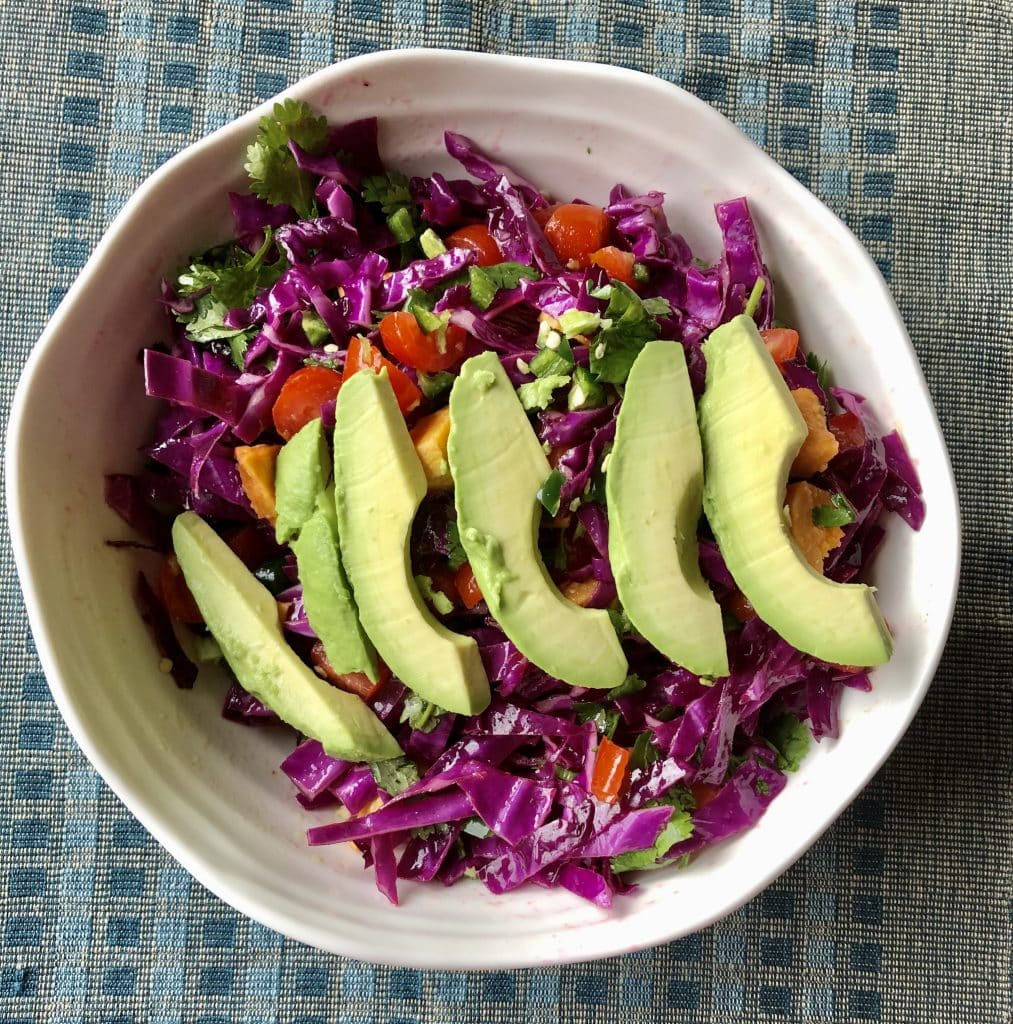
Health Benefits of Polyphenols in Gut Health – Vine Ripe Nutrition
Here is a strawberry crumble recipe with a perfect combination of fiber for your gut health.
Strawberry Crumble Bars
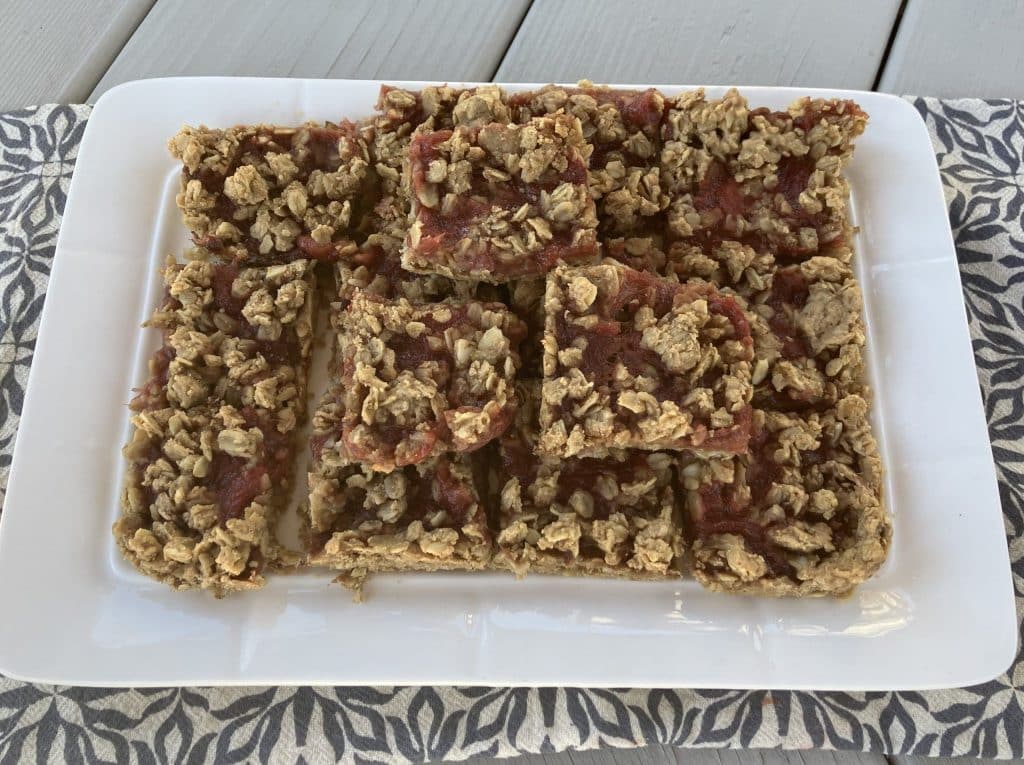
Strawberry Crumble Bars (vineripenutrition.com)
Green Chili Stew
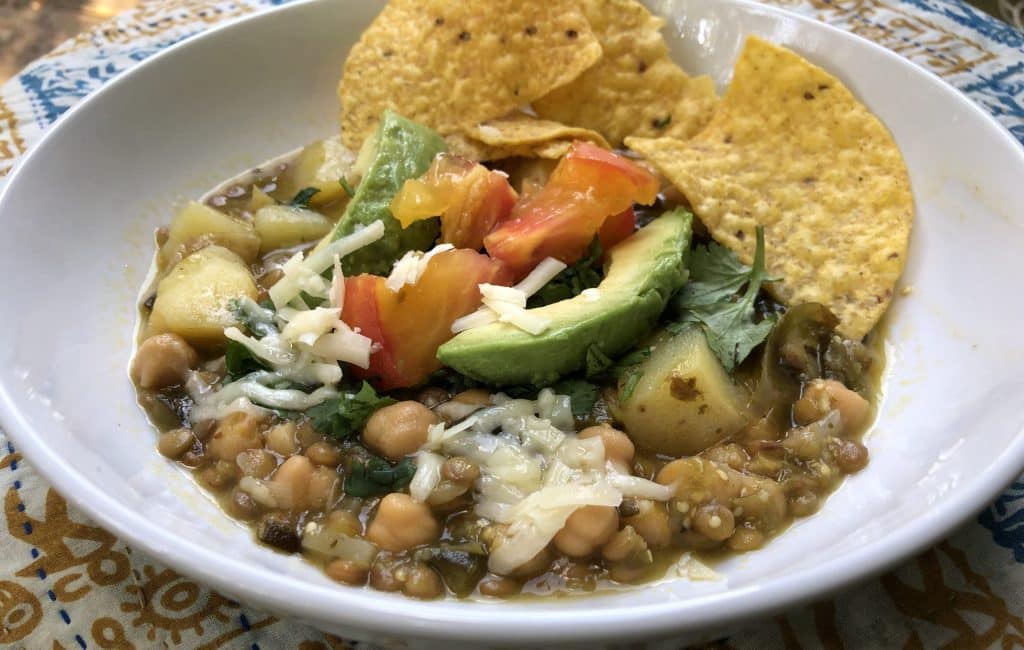
Low Fodmap Lentils (vineripenutrition.com)
My Work in Digestive Nutrition and Wellness
All these new research areas have inspired me to help people challenged with digestive issues. But the real encouragement came ten years ago from a doctor’s referral for a client with IBS who requested a referral to a dietitian to help her follow a fodmap diet.
I knew nothing about the low fodmap diet, but I studied the research behind it about how to help my client through the elimination phase and teach her how to reintroduce foods to create a diverse diet. We worked on meal-planning ideas during each phase. She saw the results and felt a lot better!
This positive experience created a spark for me to help people who suffer from IBS. And it opened my eyes to the new areas of research and tools to help people manage digestive health conditions.
As a result, I realized how much I enjoyed these clients because they are motivated to maintain healthy changes when they feel better!
Monash Trained Fodmap Dietitian
Specialization in the Dietary Management of IBS Using a Low Fodmap Diet
I continued my training in gut health with the help of Patsy Castos and Kate Scarlata, two dietitians who are digestive wellness experts in the U.S. I also researched information from Monash University had done the initial research on the low fodmap diet and IBS.
I have studied the best ways to help people with other GI health issues by attending the Food the Main Course to Digestive Health with the University of Michigan. And this year, I completed the extensive coursework to be a Monash Trained Fodmap Dietitian FODMAP Dietitians Directory – Monash Fodmap
Seeing people transform their lives through food and digestive wellness has inspired me to want to help new clients improve their digestive health conditions. So, I have created a unique and individualized path to provide knowledge and support.
This work has inspired me to create a personalized program that meets the needs of each person who needs help improving their digestive health.
Let me introduce you to our new digestive nutrition and wellness program:
A Fresh Approach to Digestive Nutrition & Wellness Program
This three-visit program is individualized for people with GI issues who want to make lifestyle choices to help the body heal the gut naturally. It provides the tools and support you need to discover which foods contribute to GI symptoms and find effective ways to reintroduce foods. You will have menu and recipe ideas to help you find food. We will discuss important information you need for your health.
In addition, it also encourages exploration of the best ways to integrate all the new things you have learned to maintain digestive wellness.
A Team Approach to GI Nutrition and Healing Your Gut Naturally
Since this program has been created to complement the health care received by a physician, a physician may need to run tests to help determine what GI health conditions someone has and what medical treatment to take to receive the best possible care. Most of the time, what we eat has not been a consistent part of the GI medical plan. However, nutrition is an integral part of helping our gut heal.
Last but not least, I have created additional resources for the program that include plant-based eating for clients who desire this option.
What is the Best Diet for IBS?
The best diet for IBS depends on you, your symptoms, and your medical diagnosis. No one size fits all. You will have your plan.

Here are a few questions to consider when determining if A Fresh Approach to Digestive Wellness may benefit you:
Are digestive symptoms ruling your life?
Does it seem that food is connected to your GI symptoms, but you aren’t sure which food?
Do you want to feel better but not want a complicated way of living?
Are you tired of reading all the conflicting information out there about your health condition and not knowing what to do?
If you answered yes, you may be ready to heal your gut naturally! And you may be ready to join our A Fresh Approach to Digestive Wellness!
Here is how the three personalized visits are structured within the program:

More About a Fresh Approach to Digestive Wellness:
Session One-Nurture Your Gut
- Discover your individualized nutrition needs for gut healing.
- Find out which foods trigger GI symptoms.
- You will receive your personalized resource care kit with menu ideas, a grocery/pantry list, and a recipe book.
Session Two-Feel Renewed
- Learn the best ways to add back the foods you enjoy slowly.
- Practice revising favorite recipes & meals to reduce triggers.
- Determine what portion sizes work best for you.
- Explore your food sensitivities.
Session 3: Maintain Your Progress
- Work towards increasing the variety of your food choices.
- Create a plan to find which of your trigger foods can be eaten together & portion sizes you can eat to prevent symptoms.
- Develop a long-term wellness plan and support network to help prevent
relapses & what works best for you.

Begin to Heal Your Gut Naturally
In conclusion, if you want help to heal your gut naturally with digestive nutrition counseling, I would love to work together to improve your digestive nutrition with our new Fresh Approach to Digestive Health! As an Asheville nutritionist, I love to help clients find the balance between eating the foods they love and staying healthy!
For more information about the program and how to get started
When you are looking for a GI nutritionist, ask questions about how many years they have been working with GI health and their training. Dietitians can attend an annual conference to get an annual update.
Now that you know some things that are needed to maintain your GI health, I hope that this helps you get off to a healthy start making healthy changes! I will be sharing more topics on digestive wellness in upcoming posts! Below are some additional posts on healing your gut naturally that you may find helpful!


